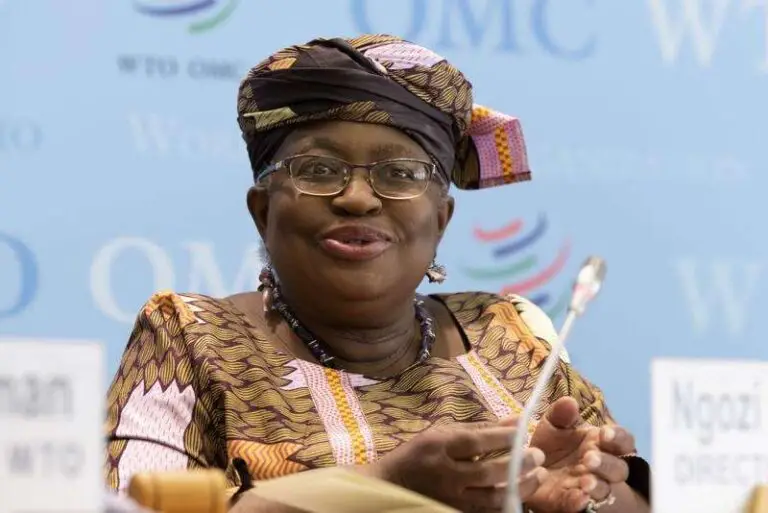The Trump administration’s attempt to slash billions in foreign aid has once again spotlighted America’s uneasy relationship with international organisations. But in a quiet reversal, two of Geneva’s most influential bodies — the World Trade Organization (WTO) and the International Labour Organization (ILO) — have been spared from the chopping block.
The White House initially placed both on its target list, proposing steep cuts that would have gutted U.S. support for the institutions. By week’s end, however, both names were quietly dropped without explanation. Officials in Geneva confirmed the removals but admitted they remain unsure what this means for long-term cooperation.
For the ILO, the uncertainty is not new. Earlier funding freezes forced the closure of many U.S.-backed projects, leaving nearly 200 staff facing layoffs before partial reassignment saved their posts. The WTO, meanwhile, depends on Washington for more than a tenth of its budget, underscoring how vulnerable these institutions are to U.S. political swings.
The episode illustrates a larger reality: America’s financial muscle grants it outsized influence over the very global frameworks it critiques. Even when aid is restored or cuts are walked back, the unpredictability alone destabilises the agencies that regulate trade and defend labour standards worldwide.
For Geneva’s institutions, survival now often depends less on global consensus than on political calculations in Washington.

